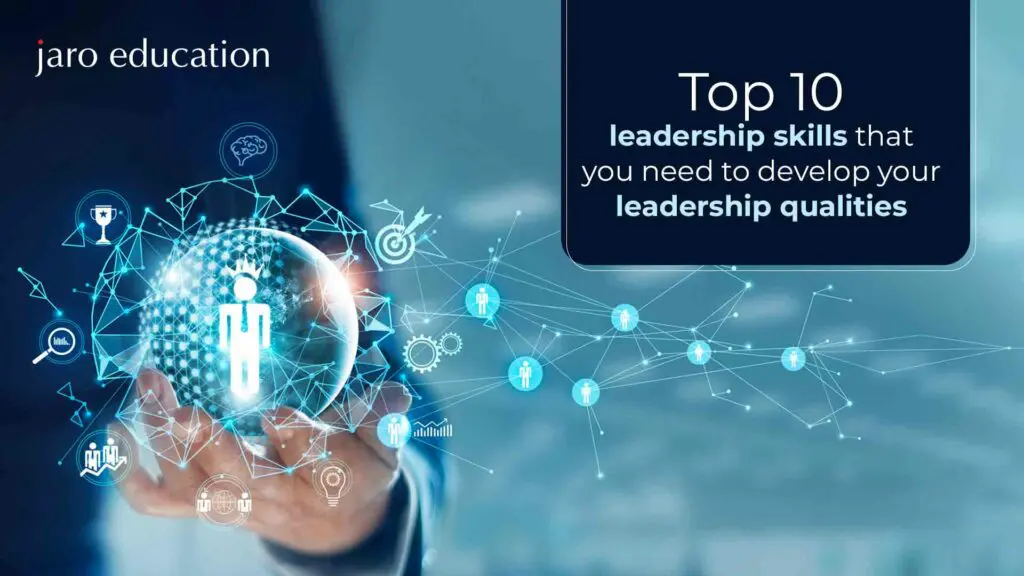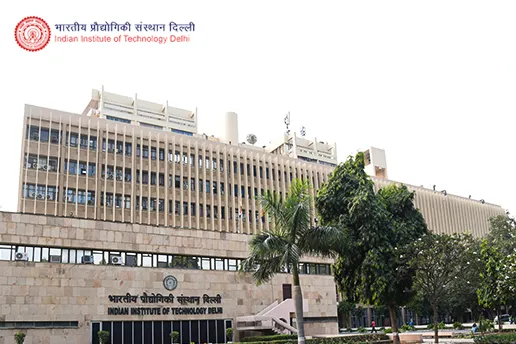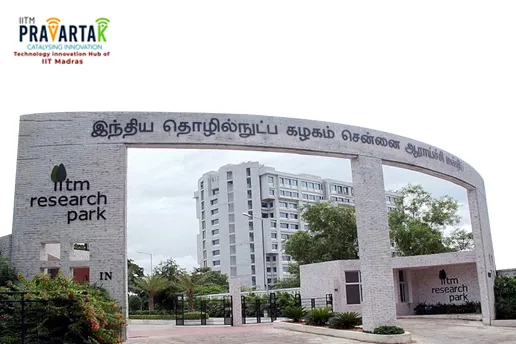Success in every organization, whether a for-profit company, a non-profit, or a community group, depends heavily on leadership. However, being an effective leader involves a specific combination of abilities and traits that enable you to inspire, motivate, and direct others toward a common objective. It goes beyond simply occupying a position of power.
The top 10 leadership abilities that you need to learn in order to become a better leader are covered in this article. You may improve your leadership abilities, get respect as a leader, and have a beneficial influence on your community and organization by developing these qualities.
If you want to improve your leadership skills with guidance from industry experts, signing up for Wharton Interactive’s Advanced Strategy & Leadership Program (ASLP) is a wise choice. The ASLP is a distinguished leadership management program created to give leaders the skills, resources, and tactics they need to succeed in the cutthroat business environment of today.
10 Effective Leadership Skills
It is essential to develop a wide variety of talents, including the following, to succeed as leaders in any organization.
#10 Communication Skills
Excellent leadership is based on effective communication. In this perspective, the abilities mentioned below are crucial.
-
Active Listening
Giving the speaker your undivided attention, comprehending what they are saying, and displaying empathy are all examples of active listening. Leaders can gather insightful knowledge, show respect for other people’s viewpoints, and promote an environment of open communication by actively listening to others.
-
Clear and Effective Verbal Communication
Leaders must articulate their thoughts clearly, using concise and understandable language. Expressing ideas helps ensure the intended message is accurately conveyed and minimises miscommunication or misunderstandings.
-
Written Communication
Written communication is essential for conveying information, setting expectations, and documenting important details. Leaders should strive for clarity, conciseness, and precision in their written messages to ensure they are understood by their intended audience.
-
Non-Verbal Communication
Non-verbal cues, such as facial expressions, body language, and tone of voice, play a significant role in communication. Leaders need to be aware of their non-verbal communication and ensure that it aligns with their verbal messages. Maintaining eye contact, using appropriate gestures, and displaying active engagement can enhance the effectiveness of communication and build trust.
#9 Emotional Intelligence
Emotional intelligence plays a crucial role in effective leadership, allowing leaders to understand and manage their own emotions while empathising with others. The following skills contribute to the development of emotional intelligence.
-
Self-awareness
Leaders with self-awareness possess a deep understanding of their emotions, strengths, weaknesses, values, and impact on others. By recognizing their own emotions and triggers, they can better regulate their responses and make more thoughtful decisions.
-
Empathy
Empathetic leaders actively endeavor to comprehend various viewpoints and listen to others. They establish an atmosphere of safety and comfort where people feel heard, appreciated, and understood.
-
Relationship Management
Effective relationship management involves building and nurturing positive relationships with team members, stakeholders, and colleagues. Leaders skilled in relationship management communicate effectively, resolve conflicts constructively, and inspire others to achieve common goals.
-
Social Awareness
Social awareness entails understanding the emotions, needs, and dynamics of the broader social context in which leadership occurs. Socially conscious leaders are aware of the cultural, political, and economic influences on their businesses and stakeholders.
#8 Adaptability and Flexibility
In today’s dynamic and often changing corporate environment, adaptability and flexibility are crucial traits for leaders. The following abilities aid in increasing flexibility and adaptability.
-
Willingness to Embrace Change
Leaders must be open and receptive to change, recognising that it is an opportunity for growth and improvement. Embracing change involves overcoming resistance and proactively seeking new ways to adapt and evolve.
-
Ability to Adjust Plans and Strategies
Global leaders understand that plans and strategies may need to be adjusted based on evolving circumstances. They have the agility to reevaluate and modify their approaches to achieve desired outcomes while considering the needs and expectations of stakeholders.
-
Openness to New Ideas and Perspectives
Leaders who are open to new ideas and perspectives encourage creativity, innovation, and collaboration within their teams. They actively seek diverse opinions and input, recognising that fresh insights can lead to better solutions and more effective strategies.
#7 Decision-Making Skills
-
Critical Analysis
Analytical leaders can collect, examine, and evaluate facts and information to make wise judgements. They can appraise events objectively because they are skilled at spotting patterns, tracing trends, and making logical deductions.
-
Skills in Solving Issues
Strong problem-solving abilities allow leaders to recognise and categorise issues. They can investigate alternative solutions and decide on the best course of action. Leaders address problems methodically and creatively, looking for a global outlook by drawing comprehending answers to navigate complex issues.
-
Strategic Planning
Global leaders with strategic minds take a forward stance. To accomplish long-term goals, they establish defined goals, create workable plans, and coordinate resources and activities.
-
Evaluating Risks and Rewards
Leaders must evaluate the risks and rewards associated with different options before making decisions. They assess potential outcomes, weigh the expectable benefits against potential drawbacks, and make calculated decisions that maximise value while minimising risks.
#6 Visionary and Strategic Thinking
Visionary and strategic thinking is a crucial skill to acquire when learning how to develop leadership skills. It helps leaders to guide their organisations toward success and create a meaningful impact. Below are the ways in which leaders can involve in effective planning.
-
Setting a Clear Vision
Leaders with visionary thinking possess the ability to envision the future and articulate a compelling vision that inspires and motivates others. They define a clear direction for their organisation, outlining goals and objectives that align with the organisation’s purpose and values
-
Long-Term Planning
Strategic leaders engage in long-term planning to set a roadmap for achieving their vision. Long-term planning involves considering various scenarios, contingencies, and opportunities to ensure the organisation is well-prepared for the future.
-
Identifying Opportunities
Visionary leaders possess a keen eye for identifying opportunities for growth and innovation. They stay informed about industry trends, technological advancements, and emerging markets, leveraging this knowledge to spot opportunities for the organisation.
-
Aligning Goals with the Organisation’s Mission
A Strategic leader ensures that goals and objectives are aligned with the overall mission and values of the organisation. By aligning goals with the mission, leaders create a sense of purpose and direction for their teams.
#5 Motivational Skills
A motivated group of employees ensures high productivity and talent retention. Let’s explore some of the motivational skills leaders should acquire to keep their teams going strong.
-
Inspiring and Motivating Others
Leaders with motivational skills can inspire and ignite passion within their team members. By providing purpose and direction, leaders motivate individuals to go above and beyond, unleashing their full potential.
-
Recognising and Rewarding Achievements
Effective leaders recognise and appreciate the efforts and achievements of their team members. They celebrate milestones, acknowledge individual and collective successes, and provide constructive feedback.
-
Creating a Positive Work Environment
Leaders with motivational skills foster a positive work environment that promotes engagement, collaboration, and well-being. By providing support, removing barriers, and encouraging work-life balance, leaders create an atmosphere where individuals feel valued and motivated to contribute their best.
#4 Delegation and Empowerment
Delegation is an art; it empowers a team as a whole and yields positive outcomes in the long run. Here are the basic facts involved in having the skills of delegation and empowering a team.
-
Identifying and Utilising Strengths of Team Members
Ideal leaders understand the unique strengths and skills of their team members. They assess individual capabilities and assign tasks that align with their strengths, allowing team members to excel in their areas of expertise.
-
Assigning Tasks Effectively
Delegation skills help leaders assign tasks strategically, considering the complexity, urgency, and developmental opportunities associated with each assignment. Assigning tasks effectively promotes growth, skill development, and engagement within the team.
-
Providing Support and Resources
Empowering leaders offer guidance, clarification, and training whenever required. By providing access to information, tools, and training, leaders enable their team members to perform at their best, boosting confidence and fostering a sense of ownership.
-
Trusting Others to Take Ownership
Trusting team members to take ownership of their assigned tasks is a powerful skill required for leadership. This skill helps them delegate authority and grant autonomy, allowing individuals to make decisions and take responsibility for their work. Trusting others fosters a sense of empowerment, accountability, and confidence among team members.
#3 Conflict Resolution
Conflict resolution skills are essential for leaders to manage and resolve conflicts effectively, promoting harmony and productivity within teams. The skills that can mitigate conflicts are listed below.
-
Recognising and Addressing Conflicts
Leaders with conflict resolution skills are adept at identifying signs of conflict within their teams. They proactively address conflicts, whether they arise from differences in opinion, interpersonal issues, or resource allocation. Recognising conflicts early allows leaders to intervene and prevent escalation.
-
Active Listening During Conflicts
Effective conflict resolution requires active listening. Leaders engage in active listening to understand the perspectives and concerns of all parties involved. By providing a safe space for open and honest communication, leaders encourage individuals to express their thoughts and feelings, facilitating a deeper understanding of the conflict.
-
Negotiation and Compromise
Conflict resolution involves finding mutually agreeable solutions through negotiation and compromise. They seek common ground and explore options that address the underlying issues while considering the perspectives and objectives of all involved.
#2 Ethical and Integrity-Based Leadership
Every leader should abide by some ethical standards to promote integrity within a setup. The following are the contributing components to developing ethical and integrity-based leadership skills.
-
Making Ethical Decisions
Ethical leaders prioritise making decisions that align with ethical standards and principles. They weigh ethical considerations alongside other factors, ensuring that their actions uphold moral values and principles.
-
Promoting Fairness and Transparency
Global leaders promote fairness and transparency in all aspects of their leadership. They create an inclusive and equitable work environment where all individuals are treated with respect and given equal opportunities.
-
Building Trust and Credibility
Ethical leaders prioritise building trust and credibility with their team members and stakeholders. They foster an environment of trust by encouraging open communication, valuing diverse perspectives, and maintaining confidentiality when appropriate.
#1 Continuous Learning and Improvement
Continuous learning and improvement are vital for leaders to adapt to changing environments. It enhances personal and professional growth. To understand how continuous learning helps, read further.
-
Seeking Feedback and Self-Reflection
Effective leaders actively seek feedback from others, including team members, colleagues, and mentors. By being open to feedback and reflecting on their experiences, leaders can identify areas where growth and development are needed.
-
Pursuing Professional Development Opportunities
Leaders committed to continuous learning actively seek out professional development opportunities. By investing in their own development, leaders enhance their knowledge, skills, and capabilities, enabling them to lead with greater effectiveness.
-
Staying Updated with Industry Trends and Best Practices
By staying current, leaders can anticipate changes, identify opportunities, and make informed decisions that drive innovation and success.
Wrapping up
It takes commitment, introspection, and ongoing learning to continuously develop and improve one’s leadership abilities. Forging ahead with challenges, motivating people, and ensuring organisational success all require strong leadership abilities. Leaders can develop a productive workplace, encourage teamwork, and enable their staff to realise their full potential by honing these qualities.
If you are eager to take your leadership skills to the next level, the Wharton Interactive Advanced Strategy & Leadership Program (ASLP) through Jaro education is highly recommended. This Leadership Management program is designed to equip leaders with the knowledge, insights, and strategies needed to excel in today’s complex business landscape. Build a lasting impact in your organization and beyond by unlocking your leadership potential through this intake.






